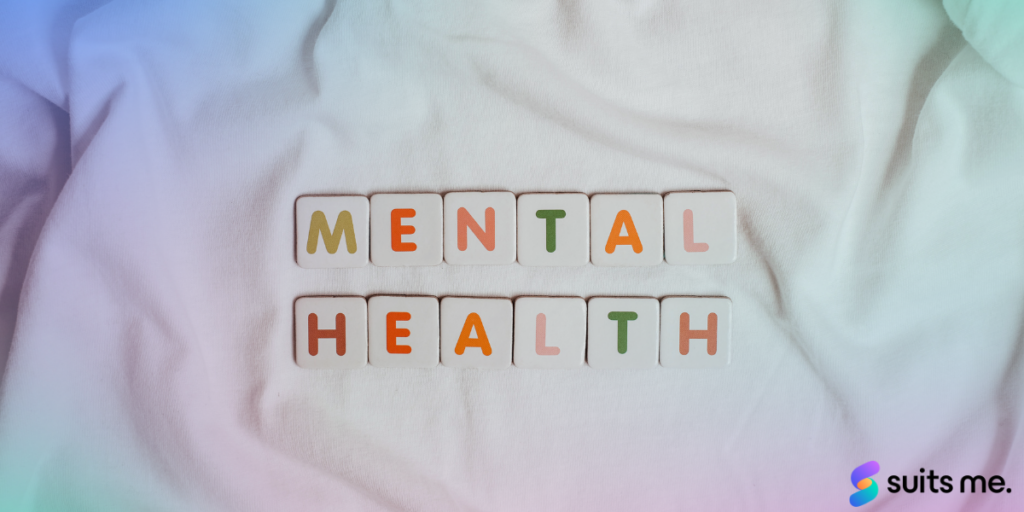
Debt has become a big part of modern life, affecting millions of people worldwide. While the financial impact of debt are well-known, its significant toll on mental health is often under stated. In this blog post, we will explore the complex relationship between debt and mental health.
Through supporting thousands of people with second chance accounts we understand the relationship with financial burdens and mental health. We know the emotional and psychological toll that financial worries can have on individuals. We aim to provide insights into strategies for breaking free from the vicious cycle.
The Emotional Toll of Debt
Debt can trigger a range of negative emotions, including stress, anxiety, and depression. The constant worry about mounting bills, the fear of being unable to pay debts, and the feeling of being trapped leads to chronic stress. With this in mind, persistent stress, in turn, can impact mental health. This contributes to increased anxiety levels, difficulty concentrating, sleep disturbances, and feelings of hopelessness.
The Psychological Impact of Debt
The psychological effects can be far-reaching and individuals may experience a low self-esteem or a sense of failure or shame. They may also grapple with feelings of guilt for their financial situation, leading to a negative self-image. The psychological strain can strain relationships, causing tension within families, friendships, and romantic partnerships. Furthermore, the constant distraction of debt can erode the ability to enjoy life, leading to a reduced quality of life and decreased overall happiness.
Debt and Mental Health: A Vicious Cycle
Debt and mental health often become caught in a vicious cycle. Poor mental health can lead to financial mismanagement, impulsive spending, or a lack of motivation to address financial challenges effectively. On the other hand, excessive debt and financial worries can exacerbate mental health issues, creating a downward spiral. The connection between debt and mental health can create a cycle that is challenging to break without intervention and support.
Strategies for Breaking the Cycle
Breaking free from debt takes time but is possible. Here are a few strategies to consider:
- Seeking Professional Support: There are lots of free debt advice charities who specializes in debt and mental health can provide valuable guidance and support.
- Building Financial Resilience: Creating a realistic budget, prioritizing debt repayment, and exploring debt consolidation or negotiation options can help regain financial control and reduce stress.
- Practicing Self-Care: Prioritizing self-care activities such as exercise, mindfulness, and maintaining social connections can help reduce stress and improve overall well-being.
- Seeking Community: Engaging with support groups or online communities focused on debt and mental health can provide a sense of belonging and shared experiences.
The relationship between debt and mental health is complex and interconnected. Acknowledging the impact of debt on mental well-being is the first step toward breaking the cycle. By addressing both the financial and psychological aspects of debt, individuals can begin to regain control of their lives, reduce stress, and work towards a healthier financial future.
Suits Me® offer accounts with banking like features for those who need a fresh start. We do not offer credit which eliminates the risk for our customers to get into debt. Our products are simple to use and offer a lifeline to those who have been rejected by the mainstream banks.




